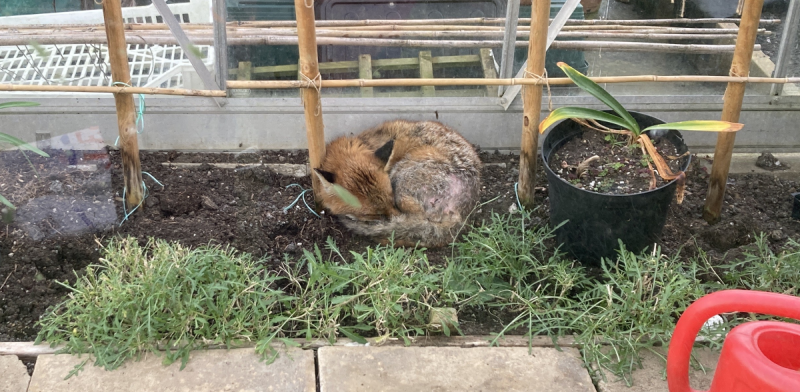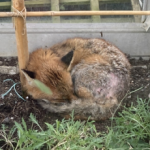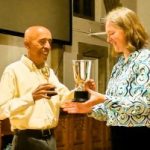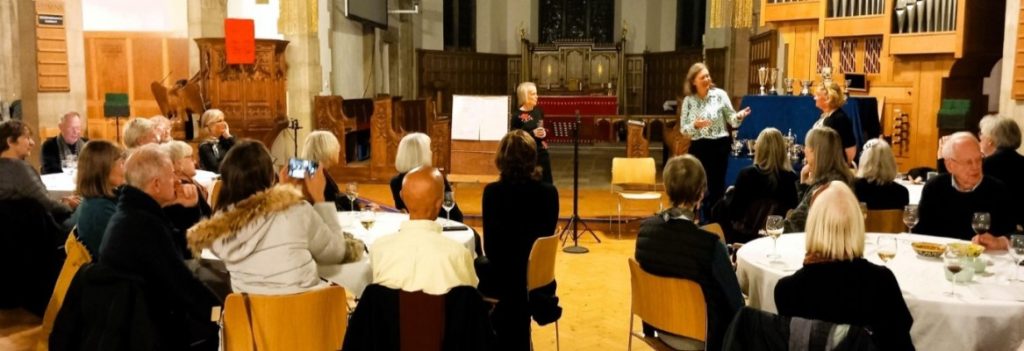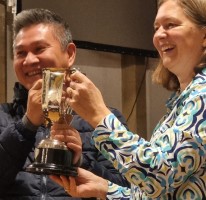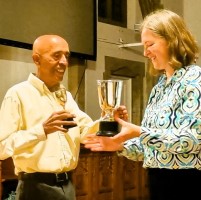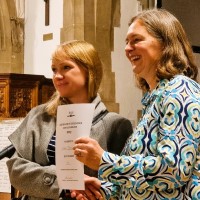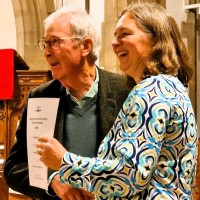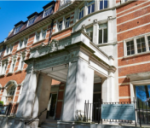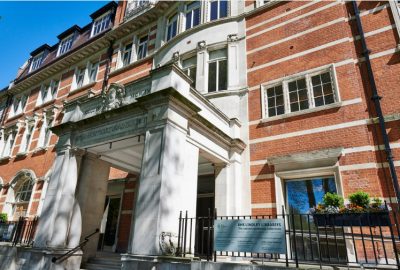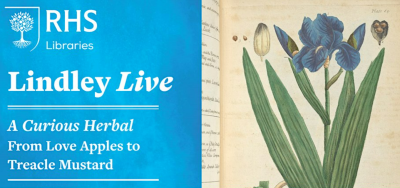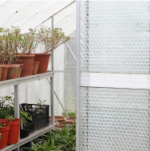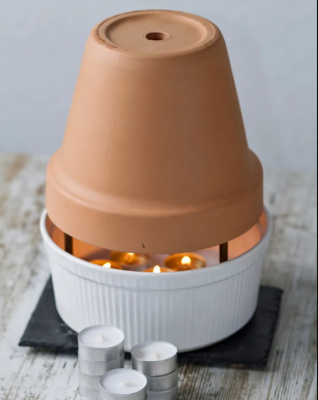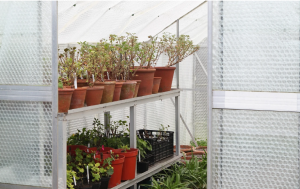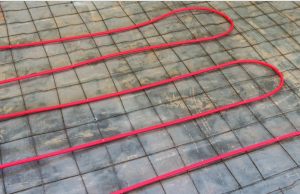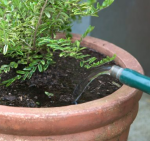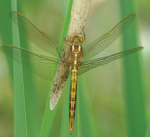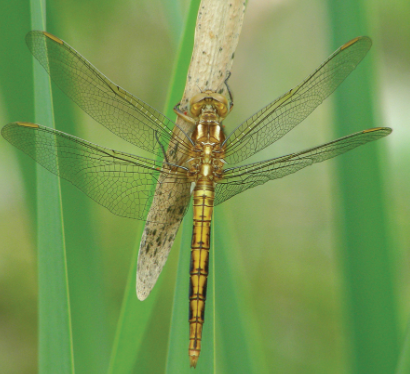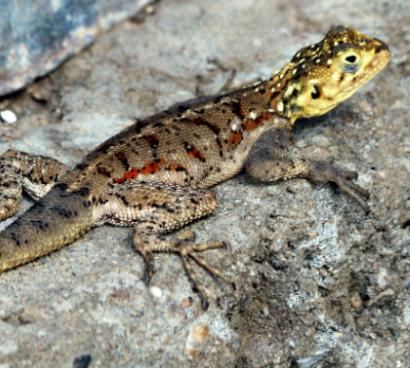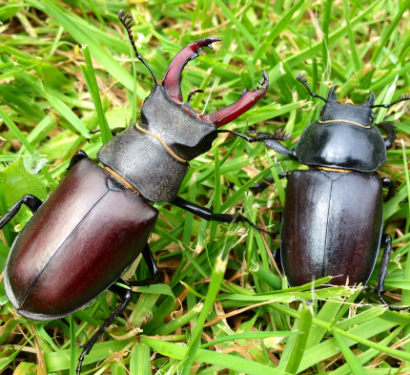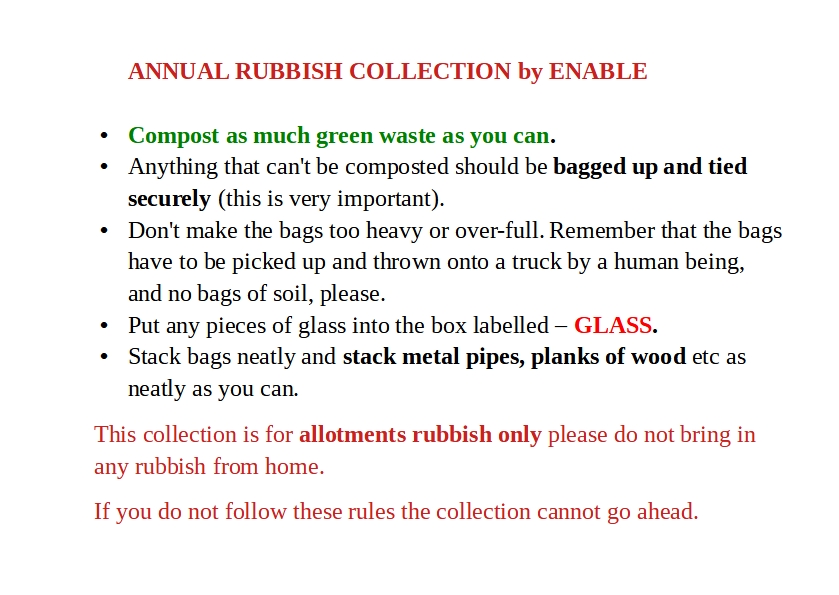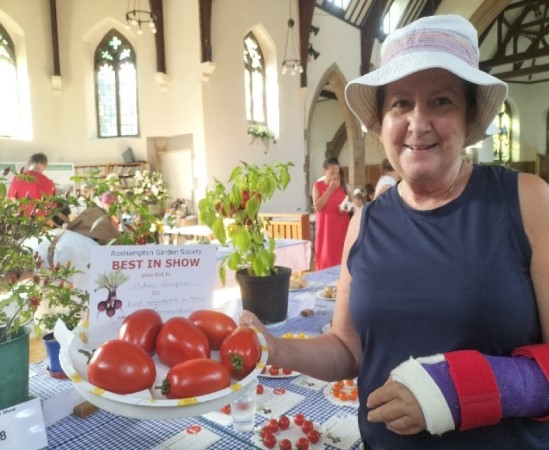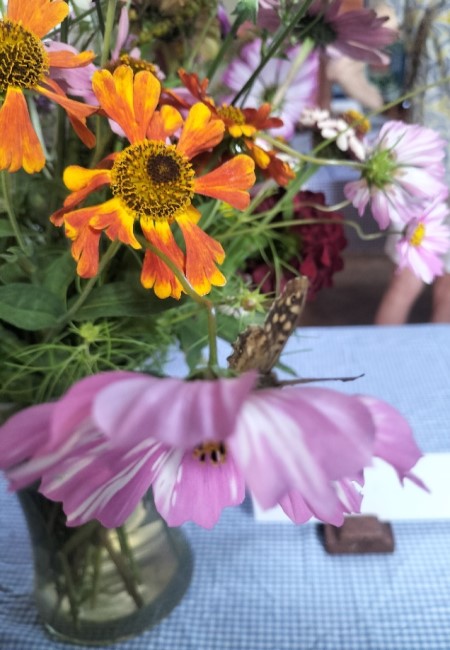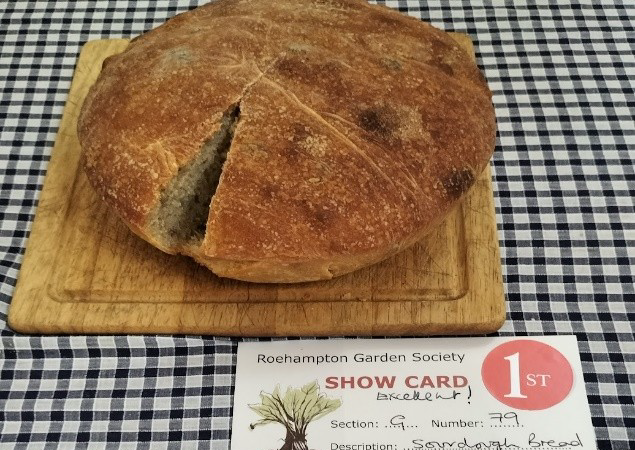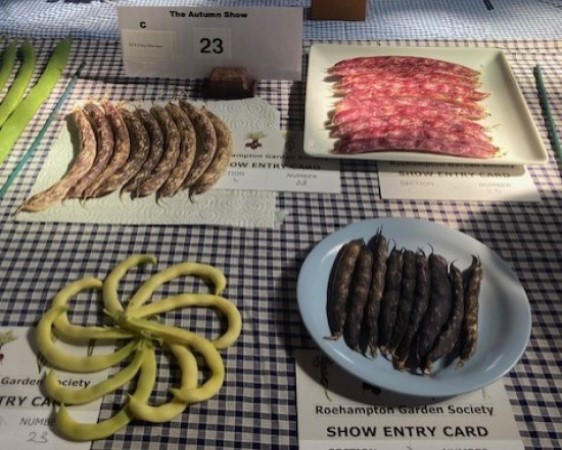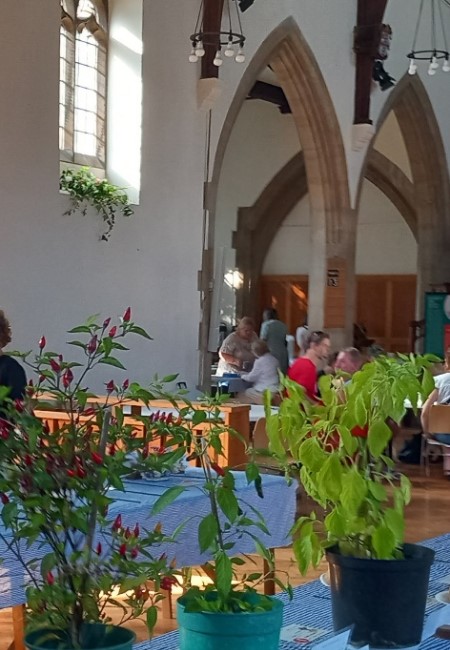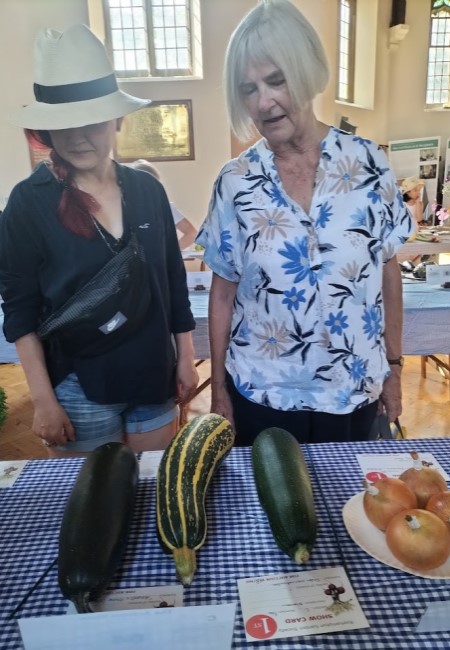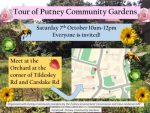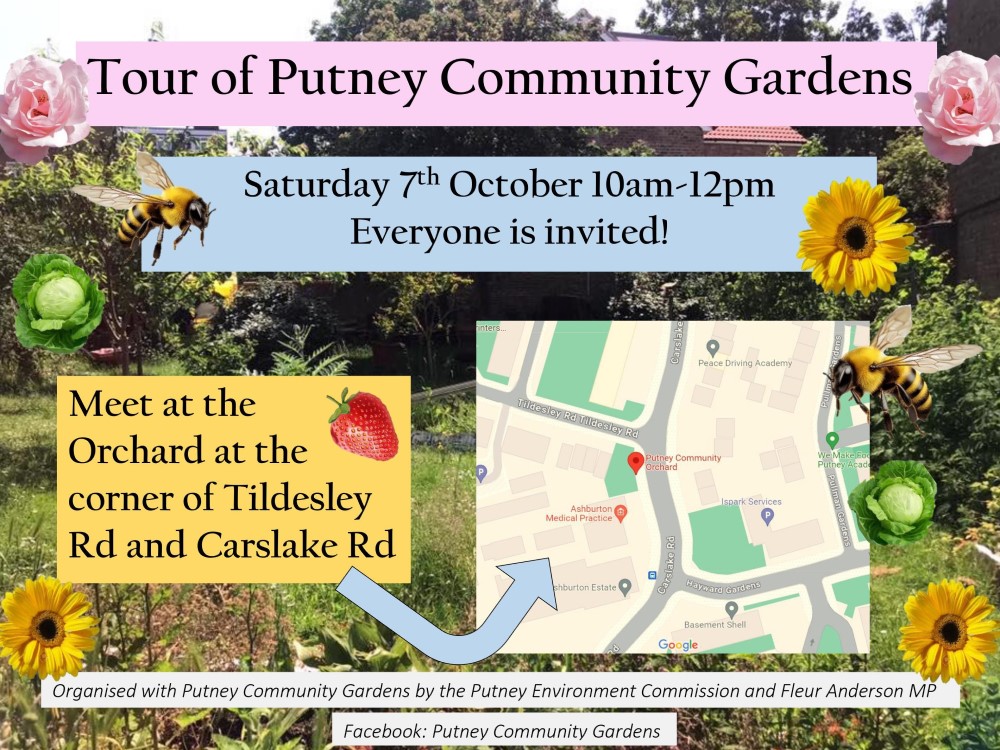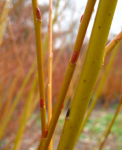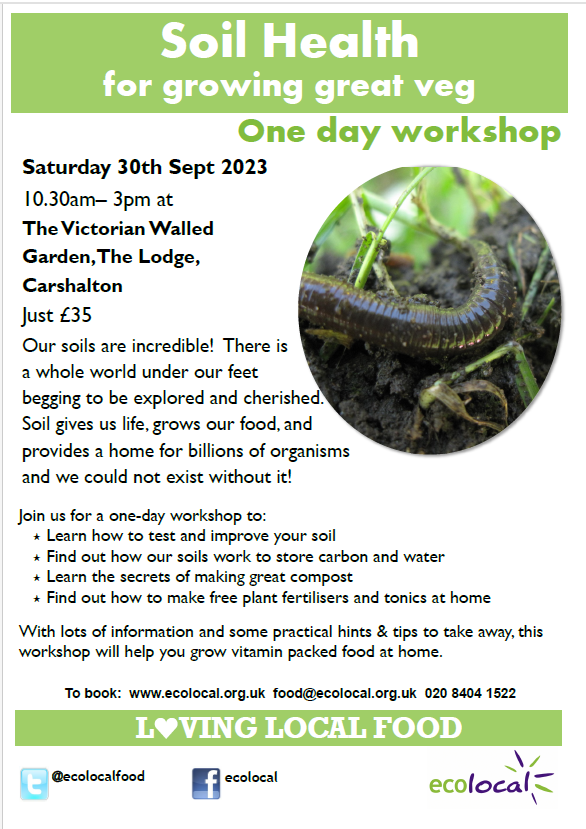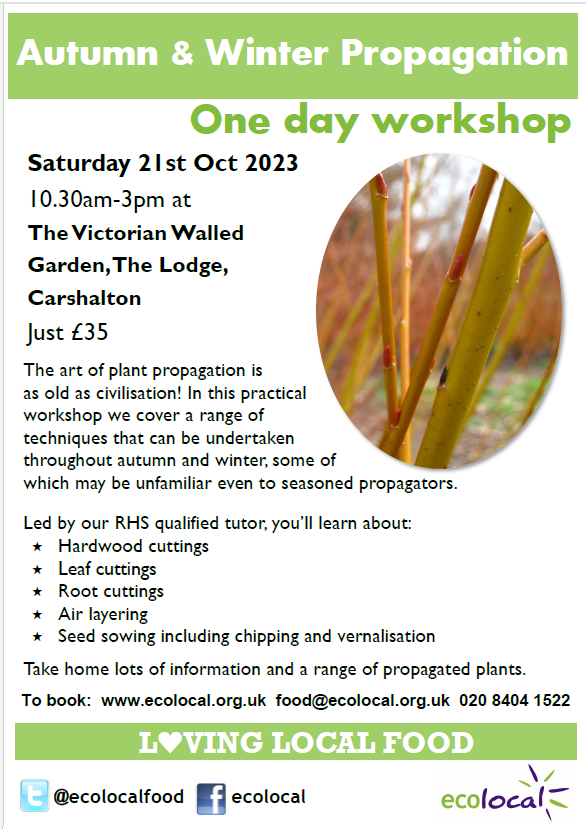The RHS has invited our members to their John MacLeod Annual Lecture
“Plant Fitness, Sustainable Planting and the Conceptualisation of Understanding Horticultural Plants”
by Professor James Hitchmough
Are we on the brink of transformation or disaster? Join us for an evening of insight and glimpse a world where ecological understanding and innovative horticultural practices converge to create a sustainable future.
Prof. James Hitchmough will paint a compelling picture of how our evolving climate demands a deeper focus on plant fitness, despite a lack of tools and perspectives to address the challenge.
Discover a glimmer of hope as he unveils a framework linking fitness, niche, and geographic range, offering a pathway to a reimagined horticultural landscape that stands resilient in the face of biodiversity loss and climate change.
Date: 16th November 2023
Time/Venue – 14.30 – 15.45 hrs in The Garden Room RHS Wisley Hilltop The Home of Gardening Science.
Please reply to chrismoncrieff@rhs.org.uk if you would like to attend. First two bookings from RGS members will be accepted.
James Hitchmough is Professor Emeritus in Horticultural Ecology in the Department of Landscape Architecture at the University of Sheffield.
He retired from the University in September 2022, but continues to co-supervise his final tranche of 5 PhD students as they complete their studies. Two of these students are working on understanding and quantifying plant fitness for the changing climate.
James continues to develop new types of designed plantings (as he always has) in landscape architectural practice often in collaboration with Tom Stuart Smith but currently also with Piet Oudolf.
Most of his consultancy and design work is however in China and Australia where he works primarily with their native flora. The perspectives that come from his integration of academic research and practice shapes a world view, that makes him an in-demand conference speaker around the world.
